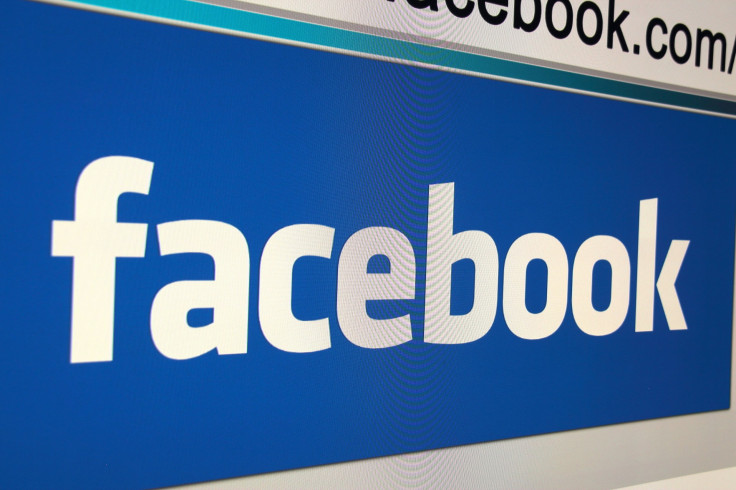Facebook Introduces Over 50 LGBTQ-Friendly Gender Options: 'Androgynous,' 'Gender Questioning,' or 'Neither'

Facebook users can now express their gender identity through an extensive range of pronouns, options, and privacy controls. The world’s largest social media network announced Thursday that options like “transgender”, “gender questioning,” and “cisgender” will join “male” and “female” as possible gender options — a move that LGBTQ advocacy groups say will have a positive impact on the well-being for the young LGBTQ community.
On their Diversity Page, Facebook posted a brief message: “When you come to Facebook to connect with the people, causes, and organizations you care about, we want you to feel comfortable being your true, authentic self. An important part of this is the expression of gender, especially when it extends beyond the definitions of just “male” or female.” So today, we’re proud to offer a new custom gender option to help you better express your own identity on Facebook.”
U.S. English Facebook users can now select 10 out of over 50 gender identities for the About Me section of their profile. Some of these options include “androgynous”, “gender-fluid,” and “neither.” And in addition to these custom genders, users can decide what pronouns appear when they publicly comment, "Like," or share a post. For example, a user named Chris can tweak his pronouns to say “Chris changed his profile picture,” or the more neutral, “Chris changed their profile picture.”
And the site will also allow a person to control who sees their custom gender choice. “We recognize that some people face challenges sharing their true gender identity with others, and this setting gives people the ability to express themselves in an authentic way,” Facebook wrote in their message.
These updates will no doubt contribute to broader acceptance and positive self-esteem for the LGBTQ youth community according to the Human Rights Campaign (HRC), one of the largest civil rights organizations advocating equality for lesbian, gay, bisexual, and transgender Americans. “We learned in our 2012 survey of 10,000 LGBT youth that the majority make important social connections on-line,” Ellen Kahn, an HRC social worker tells Medical Daily. “For many youth, especially those in smaller cities or rural areas, an on-line connection to the LGBT community is the only option, so there is no doubt that being further recognized and more included by Facebook will have a very positive impact on well-being.”
Facebook continues to act as one of the primary points of online connection for most of its users, which add up to over 1 billion, according to Facebook’s estimates. Chad Griffin, president of HRC told the Pittsburgh Post-Gazette that “over the past few years, a person's Facebook profile truly has become their online identity."
With such heavy emphasis on personal identity, inclusion has never been so necessary.
Facebook has been expanding this idea of inclusion over the past few years. In 2011, the site added the new relationship status types, “In a civil union” and “In a domestic partnership,” allowing gay couples to describe their relationship more accurately. And during Gay Pride Week in 2013, it released statistics that 70 percent of American users had friends who listed themselves as gay, lesbian, or bisexual.
Thursday’s announcement was met mostly with praise by everyday users, with some pointing out that Facebook’s next step would be expanding the options for what people are “Interested In.”
Published by Medicaldaily.com



























